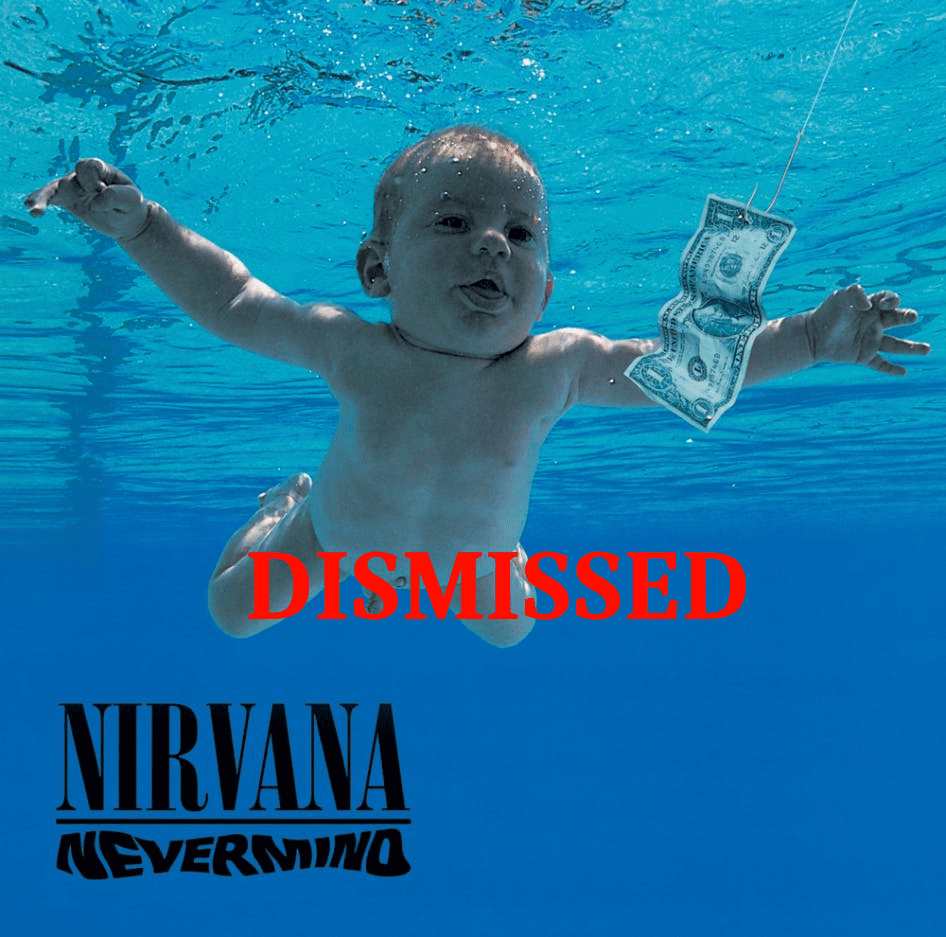ChatGPT is unquestionably a useful tool for certain aspects of legal content marketing. The AI platform can generate complex blog topics, section headers, and more to increase efficiency in the content writing process. However, problems can quickly arise when lawyers try to cut corners by using ChatGPT to write the bulk of their content and rely on the output as accurate.
ChapGPT Doesn’t Know Current Changes in the Law
On March 24, 2023, Governor Ron DeSantis signed a Tort Reform bill, changing several critical aspects of Florida personal injury law. One key change is the reduction of the personal injury statute of limitations from four years to two years.
Despite the wide publication of these changes, ChatGPT confidently delivered the following in July 2023:
This is because ChatGPT has a knowledge cutoff of September 2021, so any changes since then will not be reflected in its output.
Imagine if a personal injury attorney fails to carefully check the ChatGPT output and posts this information as-is on their blog. It’s certainly foreseeable that an accident victim may find the content and rely on it when determining how quickly to proceed with their case. Once the car accident victim realizes they missed the accurate two-year window, the attorney can face possible sanctions. If a client relied on a law firm website’s incorrect information, the client’s attorney could also potentially face a malpractice lawsuit.
Using ChatGPT without the proper attention and editing can lead to problems for an attorney – and it can also significantly affect the lives of potential legal clients who rely on misinformation. Readers should assume they can trust what they read on a legal professional’s website, and they stand to lose a lot when the information is incorrect.
A Hybrid Model Works Best
Fortunately, there is a simple solution that allows content creators to harness the power of generative AI for more efficient content writing while ensuring legal accuracy. You should always have someone with detailed legal knowledge review any material produced by ChatGPT before you publish it.
Many attorneys have already tried this approach – using AI to write content and then reviewing and editing it. However, this process is far more time-consuming than it might initially seem. In fact, in some cases, it may be faster to write from scratch than to review and verify everything that ChatGPT spits out.
In order to safely and ethically use AI to create law firm marketing materials, one should:
- Read the content mindfully and identify any possible errors
- Double-check the accuracy of any factual statements or statements of law
- Ensure that the content does not contain any verbiage that is disallowed by your jurisdiction, such as “expert” or “specialist”
- Making sure the content does not guarantee certain outcomes or timelines
- Brand the post to your firm, using your marketing messaging
- Ensure the post follows SEO best practices with regard to keyword usage and density
- Changing the point of view from third person if a firm wants a more personalized tone
More and more attorneys and their marketing teams find they do not have the time to carefully complete the above steps, which are necessary for reliable and effective content. As a result, many firms that left content providers to try their hand at ChatGPT have allowed their content goals and schedules to lapse, as they are finding that they don’t have the time required to ensure that AI-generated content is accurate and compliant.
The Third Option: Hybrid AI/Human Content Services
Fortunately, here is a third option besides paying for human-generated content and devoting the time and attention necessary to use ChatGPT on your own. At Lexicon Legal Content, we offer an AI/Human hybrid content creation service where we use AI to do the heavy lifting, followed by extensive human review and editing by an editor with a JD or similar legal knowledge. Ultimately, this process results in content that is accurate, unique, and SEO optimized to help our clients connect with clients and improve their SERP rankings.
Call Us Today to Learn More about our Legal Content Writing Services
If you are a law firm or digital marketing agency needing help with content development, you’re in the right place. Lexicon Legal Content has been creating accurate, compelling, and SEO-focused legal content for more than a decade. We’re committed to staying on top of the developments in generative AI to ensure that we can leverage this new technology responsibility and in a way that provides value to our clients. To learn more, call us today or contact us online.
Written by Erin Fitzgerald, JD
Co-Founder

